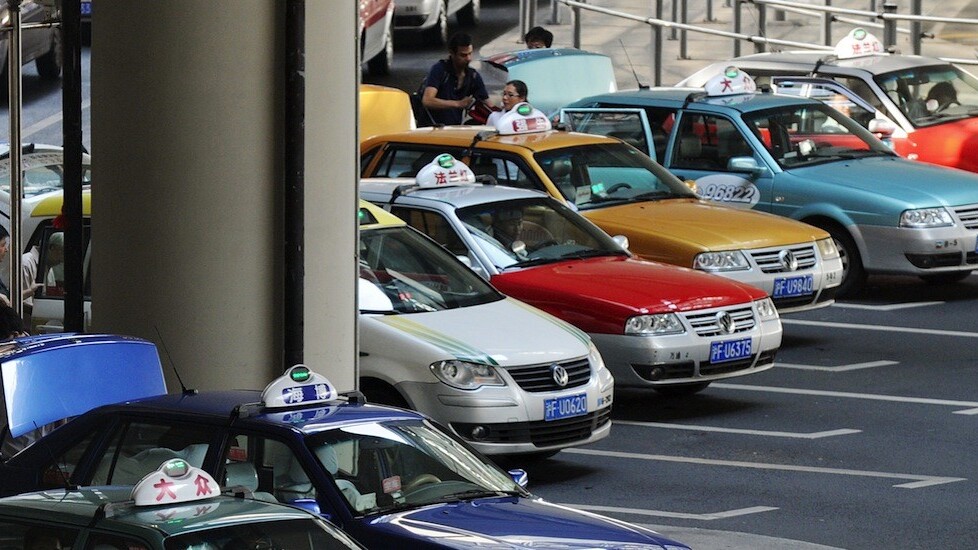
It seems like authorities in China’s various cities are still trying to figure out a way for taxi-booking apps to exist in the transport ecosystem, seeking to strike a balance between their usefulness and the lack of accountability within the industry.
The latest move to regulate such taxi-booking apps comes from authorities in Shanghai — where private car hire service Uber officially launched earlier this month — as they announced new rules aimed at cracking down on such apps.
The new regulations, published in a notice on the website of the Shanghai Municipal Transport and Port Authority (via Reuters), state that taxi drivers are banned from using taxi-booking apps during peak hours and should not pick up calls or use their smartphones while ferrying passengers.
“We think that while taxi-booking apps have changed the pre-booking model for taxis and increased their operational efficiency, the marketing methods, price increases and the lack of regulations in terms of driver registration have affected the fair and equitable operation of the taxi industry,” the notice says.
More notably, Shanghai authorities have also banned the use of booking apps entirely by private cars contracted for hire starting March 1 — which could be a major roadbump for Uber if the rules are strongly enforced, given that private car chauffeurs do tend to use Uber in their free slots. It is expected that Uber will take steps to maneuver its way around the regulations via discussions with authorities, but it remains to be seen what the solution will be.
After all, even after authorities in Beijing took steps to regulate the taxi-booking app industry in July last year, such apps have been growing and getting funding from Chinese Internet giants.
Beijing’s transport authorities gave four apps the green light to operate in the city, including Didi Dache, which recently secured a $100 million funding round from investors that included Chinese Internet giant Tencent. Previously, e-commerce giant Alibaba invested an estimated $1 million in Kuaidi Dache, while car rental firm Yonchi — which runs Dache Xiaomi — was said to have landed a round in the ‘tens of millions of dollars’ bracket.
We have reached out to Uber for comment and will update with any response provided.
Read – Uber is bullish about its potential in China, but it won’t discuss rivals or reveal figures
Image Credit: Mark Ralston via AFP/Getty Images
Get the TNW newsletter
Get the most important tech news in your inbox each week.




